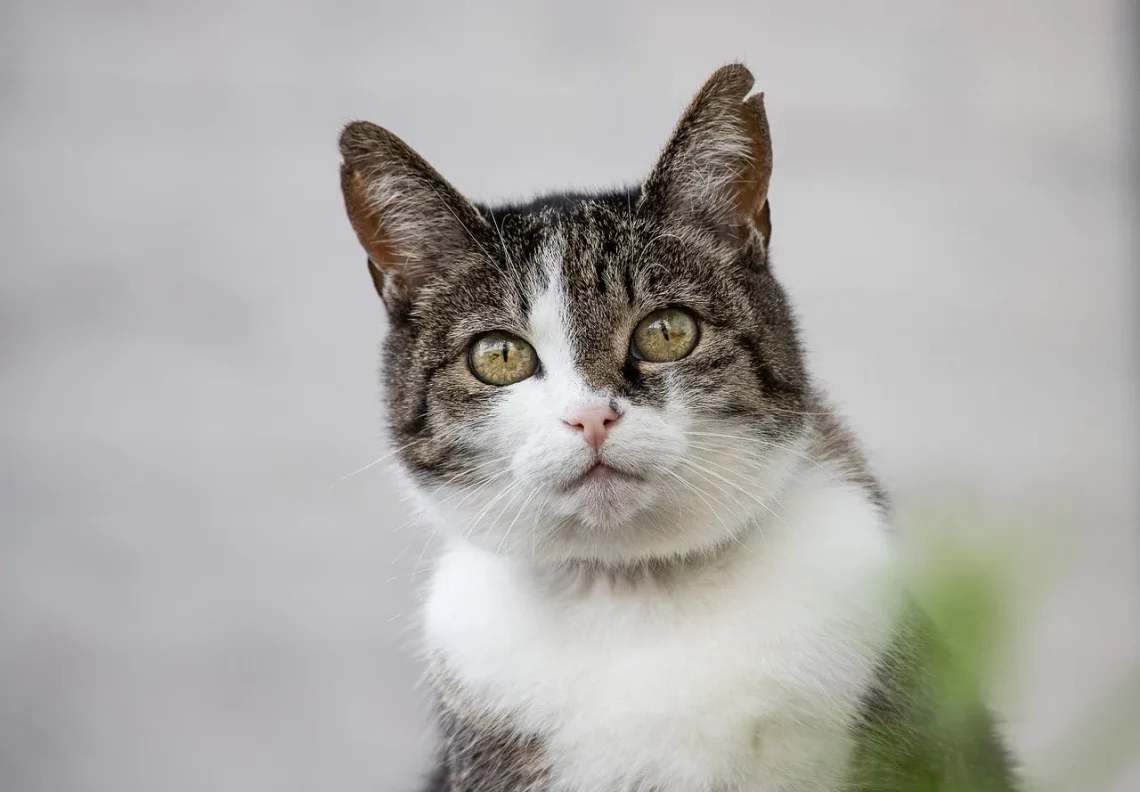
Can Cats Drink Oat Milk Safely and Healthily?
Oat milk has gained significant popularity as a dairy alternative in recent years, appealing to health-conscious individuals and those with lactose intolerance. Made from whole oats and water, this plant-based milk is often enriched with vitamins and minerals, making it a nutritious choice for many. However, as pet owners increasingly explore plant-based diets for their furry friends, questions arise about what is safe and healthy for our pets to consume.
Cats, being obligate carnivores, have specific dietary needs that differ significantly from those of humans. While some human foods can be safely shared with our feline companions, others can be harmful. As oat milk becomes a staple in many households, it’s crucial for cat owners to understand whether this trendy dairy alternative is suitable for their pets. The unique dietary requirements of cats and the ingredients typically found in oat milk warrant careful consideration, especially when it comes to introducing new foods into their diets.
Understanding the nutritional composition of oat milk and how it interacts with a cat’s digestive system is essential for making informed decisions. Additionally, exploring potential benefits and risks can help ensure that our beloved pets remain healthy and happy.
Understanding Oat Milk’s Ingredients
To determine whether cats can safely drink oat milk, it’s important to understand its ingredients and nutritional profile. Oat milk primarily consists of oats and water, though many commercial varieties include additional ingredients such as sweeteners, flavorings, and fortifying nutrients. The base ingredient, oats, is a whole grain that contains essential nutrients like fiber, vitamins, and minerals.
However, the processing of oats into milk can alter their natural composition. For instance, oat milk is often strained to remove solid particles, resulting in a liquid that is lower in protein compared to traditional cow’s milk. While oats offer some nutritional benefits, they are not a complete source of nutrition for cats. Felines require specific amino acids and nutrients that are primarily found in animal-based proteins.
Additionally, it’s crucial to consider any added ingredients in oat milk. Some brands might include sweeteners such as cane sugar or additives like carrageenan, which can cause digestive upset in cats. Therefore, if a cat owner decides to offer oat milk to their pet, it’s advisable to choose unsweetened, additive-free varieties and introduce it slowly to monitor for any adverse reactions.
Furthermore, while oats themselves are generally non-toxic to cats, moderation is key. A small amount of oat milk may not harm a cat, but it shouldn’t replace their primary diet of high-quality cat food that meets their nutritional requirements.
Potential Health Benefits for Cats
While oat milk should not be a staple in a cat’s diet, there are potential health benefits associated with offering it as an occasional treat. One of the primary advantages of oat milk is its high fiber content. Fiber can support healthy digestion in cats, helping to prevent issues such as constipation and promoting overall gut health.
Another potential benefit is its low allergenic nature. Many cats suffer from food allergies or sensitivities, particularly to dairy. Since oat milk is plant-based and lactose-free, it presents a safer option for those felines that may react poorly to dairy products. This may allow some cat owners to provide their pets with a creamy treat without the risk of gastrointestinal upset.
Moreover, oat milk can serve as a hydration source for cats who may not drink enough water. While it’s vital for cats to have access to fresh water at all times, offering a small amount of oat milk can encourage some cats to consume more fluids, especially if they are particularly picky drinkers.
That said, it’s essential to remember that any benefits should be weighed against potential risks. Oat milk should never be used as a substitute for a balanced diet tailored to meet a cat’s specific needs. Instead, it should be treated as an occasional indulgence rather than a regular part of their diet.
Risks of Feeding Oat Milk to Cats
Despite the potential benefits, there are also risks associated with feeding oat milk to cats. One of the primary concerns is that cats are obligate carnivores, meaning their digestive systems are designed to process animal proteins rather than plant-based foods. Introducing oat milk, even in small amounts, can lead to digestive upset, including diarrhea or vomiting, especially in cats with sensitive stomachs.
Another risk involves the presence of added ingredients in many commercial oat milk brands. As mentioned earlier, sweeteners and emulsifiers can be harmful to cats. Ingredients like xylitol, commonly found in some sweetened products, are highly toxic to cats and can lead to severe health issues. Therefore, it is crucial to read labels carefully and choose products without harmful additives.
Additionally, overconsumption of oat milk can lead to an imbalance in a cat’s diet. While a small amount may be harmless, frequent feeding can result in excess calories and carbohydrates, contributing to weight gain and associated health problems like obesity or diabetes. Cats thrive on protein-rich diets, and offering too many plant-based foods can compromise their overall health.
Finally, introducing any new food, including oat milk, should be done gradually. If a cat shows signs of discomfort or adverse reactions, owners should discontinue feeding oat milk and consult with a veterinarian for guidance on appropriate dietary choices for their pets.
Conclusion: Moderation is Key
In conclusion, while cats can technically drink oat milk in moderation, it is not an ideal addition to their diet. The occasional small serving of unsweetened, additive-free oat milk may offer some benefits, particularly for cats with lactose intolerance or those needing extra hydration. However, it should never replace a balanced diet that fulfills a cat’s nutritional requirements.
Pet owners should prioritize their cat’s health by providing high-quality cat food and ensuring access to fresh water. If considering oat milk or any other human food as a treat, it’s vital to do so with caution, monitoring for any adverse reactions. Always consult with a veterinarian if there are concerns about diet or health, as they can provide personalized advice tailored to each cat’s unique needs.
**Disclaimer:** This article is for informational purposes only and does not constitute medical advice. For any health concerns regarding your cat, please consult a veterinarian.




